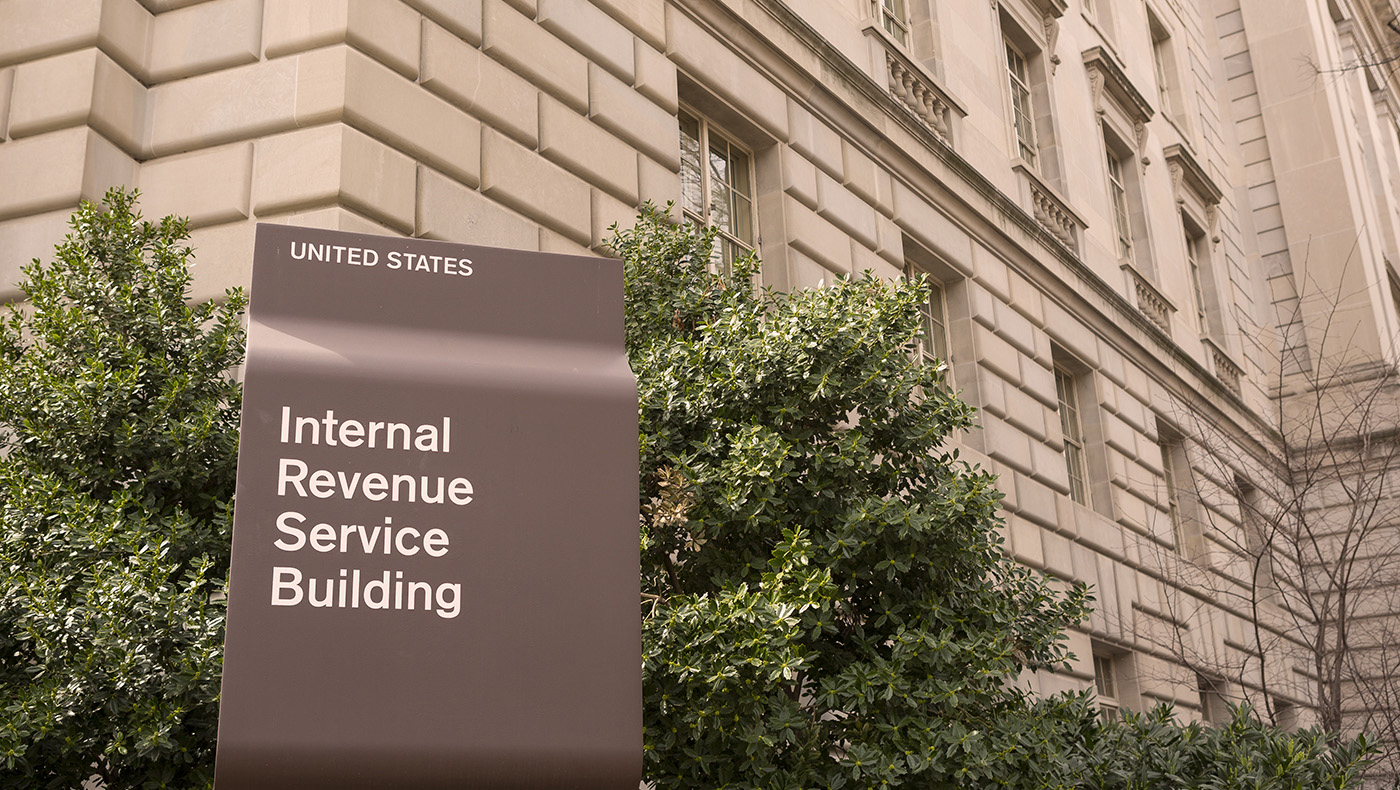Government officials can do the math and figure out how much taxation they need to cover everything from military defense to bridges, education and Medicare. The snag, as it’s been for millenia, comes when they try to get people to actually pay those taxes.
While the days of a heavy-handed tax collector extracting prompt and honest payment have evolved into audits and the threats of heavy fines, quite a few people still cheat.
Besides increasing taxes on honest people, what’s a treasury to do?
That’s a question University of Delaware researcher George Tsakumis considered in research published in the Journal of Business Ethics in March. Tsakumis, an associate professor of accounting in the Alfred Lerner College of Business and Economics, collaborated with friends from his doctoral student days, Diana Falsetta of the University of Miami and Jennifer Schafer of Kennesaw State University.
They had all worked as tax consultants for major accounting companies before entering academia, so it was a natural angle to study.
About 85 percent of people are already honest on their taxes, according to IRS research, paying voluntarily and in full. But the tax cheats who make up that other 15 percent are costing the government a pile of money. Based on data from 2014-16, the IRS estimates it loses about $428 billion a year, and other world governments report tax gaps in the hundreds of billions as well, the researchers note.
The IRS appears primed to do something about this, with the announcement last year of an $80 billion cash infusion into the agency over a decade. More than half of that is penciled for enforcement, which the agency estimates will more than pay for itself in recovered money.
Is enforcement the most effective use of those funds, though? Tsakumis and his fellow researchers reviewed a lot of research about how well audits worked, but they noted a gap in the literature when it came to understanding people’s motivations for deciding to pay taxes.
They argue that traditional studies focusing on penalties and economic motives are missing part of the picture – an analysis of how taxpayers’ feelings about government programs affects their willingness to pay up.
Quite a bit, they discovered in their study. The conclusions published in the paper “How Government Spending Impacts Tax Compliance” have implications for ways policymakers can encourage taxpayers to actually do the paying part.
To untangle all this, the researchers looked at multiple factors that could affect people’s willingness to obey tax rules, including whether they support government programs, and how ethical they are – whether they are likely to act selfishly and take an “ends justify the means” approach.
Participants in the study were tested on these factors, and fielded questions about their support for defense programs and social welfare programs. Then they were told to put themselves in the shoes of a taxpayer who earned $45,000 in self-employment income, paid in cash. The researchers asked participants to specify how much of this income they would report to the IRS. Some of the participants were told that they were likely to be audited, and others that the probability was low.
Researchers queried a little over 300 taxpayers from around the country, from a variety of ages and different income and education levels.
“In a nutshell, we find that taxpayers with more support for a program report higher amounts of income,” Tsakumis wrote in an email. They also found that people who support spending on programs like national defense were more likely to honestly report income under threat of an audit, but those who support social programs did not need that nudge.
“When taxpayers do not support government programs, their compliance is lower regardless of the audit probability,” the study concluded.
In other words, regardless of the threat of an audit, people who support government policies are more likely to pay their share.
Unethical people, however, took more prying. To be convinced to pay up, “taxpayers with lower ethical standards need (both) to support a government (program)and be facing a higher probability of an IRS audit,” Tsakumis said.
On the flip side, they found that highly ethical people aren’t as affected by their feelings about government spending, since they were going to pay their taxes anyway.
The researchers are not arguing that audits and penalties don’t work. They just say people are also motivated by their attitude toward government spending and programs than by these enforcement methods.
The takeaway is more for government officials than for the average taxpayer, although Tsakumis noted that taxpayers might consider finding out more about the rationale behind programs.
“We feel that our findings highlight the importance of gaining taxpayer support for government programs,” he wrote, through aligning citizens’ interests with those of the government.
That is to say, the government needs to persuade people their money is being well spent.
“One way to do this would be for the government to provide taxpayers with a better understanding of why they are being taxed and how they benefit from government spending of their tax dollars,” Tsakumis said.




